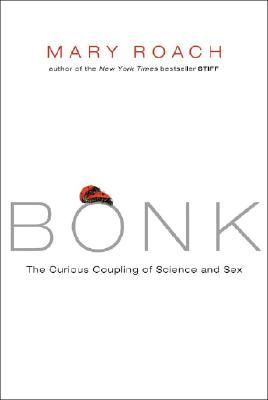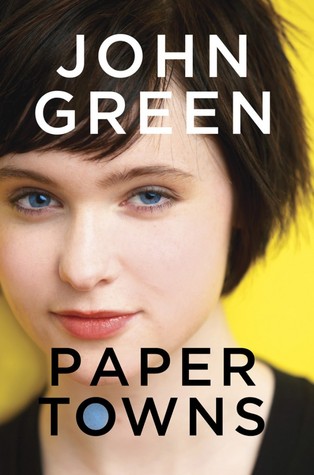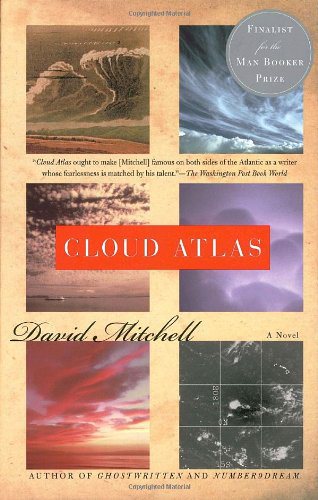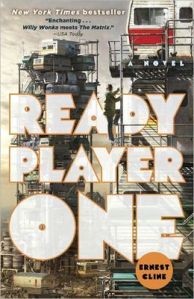Goodreads: “The study of sexual physiology – what happens, and
why, and how to make it happen better – has been a paying career or a
diverting sideline for scientists as far-ranging as Leonardo da Vinci
and James Watson. The research has taken place behind the closed doors
of laboratories, brothels, MRI centers, pig farms, sex-toy R&D labs,
and Alfred Kinsey’s attic.
Mary Roach, “the funniest science writer in the country” (Burkhard Bilger of ‘The New Yorker’), devoted the past two years to stepping behind those doors. Can a person think herself to orgasm? Can a dead man get an erection? Is vaginal orgasm a myth? Why doesn’t Viagra help women or, for that matter, pandas?
In ‘Bonk’, Roach shows us how and why sexual arousal and orgasm, two of the most complex, delightful, and amazing scientific phenomena on earth, can be so hard to achieve and what science is doing to slowly make the bedroom a more satisfying place.”
It’s hard for me to critique nonfiction in all of my usual ways, so I’ll just say firstly that I immediately took to Roach’s writing style here, which is humorous and engaging. I think she does a great job of interpreting the data and results and translating them to a less scientific audience, and I was amused by her anecdotes of how she had to participate in some studies in order to get any kind of access to the equipment that was used.
There are some cringey passages, which aren’t Roach’s fault so much as she’s just dutifully reporting some rather cringey experiments (both official and not.) I’d absolutely recommend this book to anyone who has curiosity on the subject, with the caveat that there will probably be at least one or two things she discusses that will squick you out. Otherwise, I definitely learned a few things and enjoyed Roach’s presentation.
Mary Roach, “the funniest science writer in the country” (Burkhard Bilger of ‘The New Yorker’), devoted the past two years to stepping behind those doors. Can a person think herself to orgasm? Can a dead man get an erection? Is vaginal orgasm a myth? Why doesn’t Viagra help women or, for that matter, pandas?
In ‘Bonk’, Roach shows us how and why sexual arousal and orgasm, two of the most complex, delightful, and amazing scientific phenomena on earth, can be so hard to achieve and what science is doing to slowly make the bedroom a more satisfying place.”
It’s hard for me to critique nonfiction in all of my usual ways, so I’ll just say firstly that I immediately took to Roach’s writing style here, which is humorous and engaging. I think she does a great job of interpreting the data and results and translating them to a less scientific audience, and I was amused by her anecdotes of how she had to participate in some studies in order to get any kind of access to the equipment that was used.
There are some cringey passages, which aren’t Roach’s fault so much as she’s just dutifully reporting some rather cringey experiments (both official and not.) I’d absolutely recommend this book to anyone who has curiosity on the subject, with the caveat that there will probably be at least one or two things she discusses that will squick you out. Otherwise, I definitely learned a few things and enjoyed Roach’s presentation.




